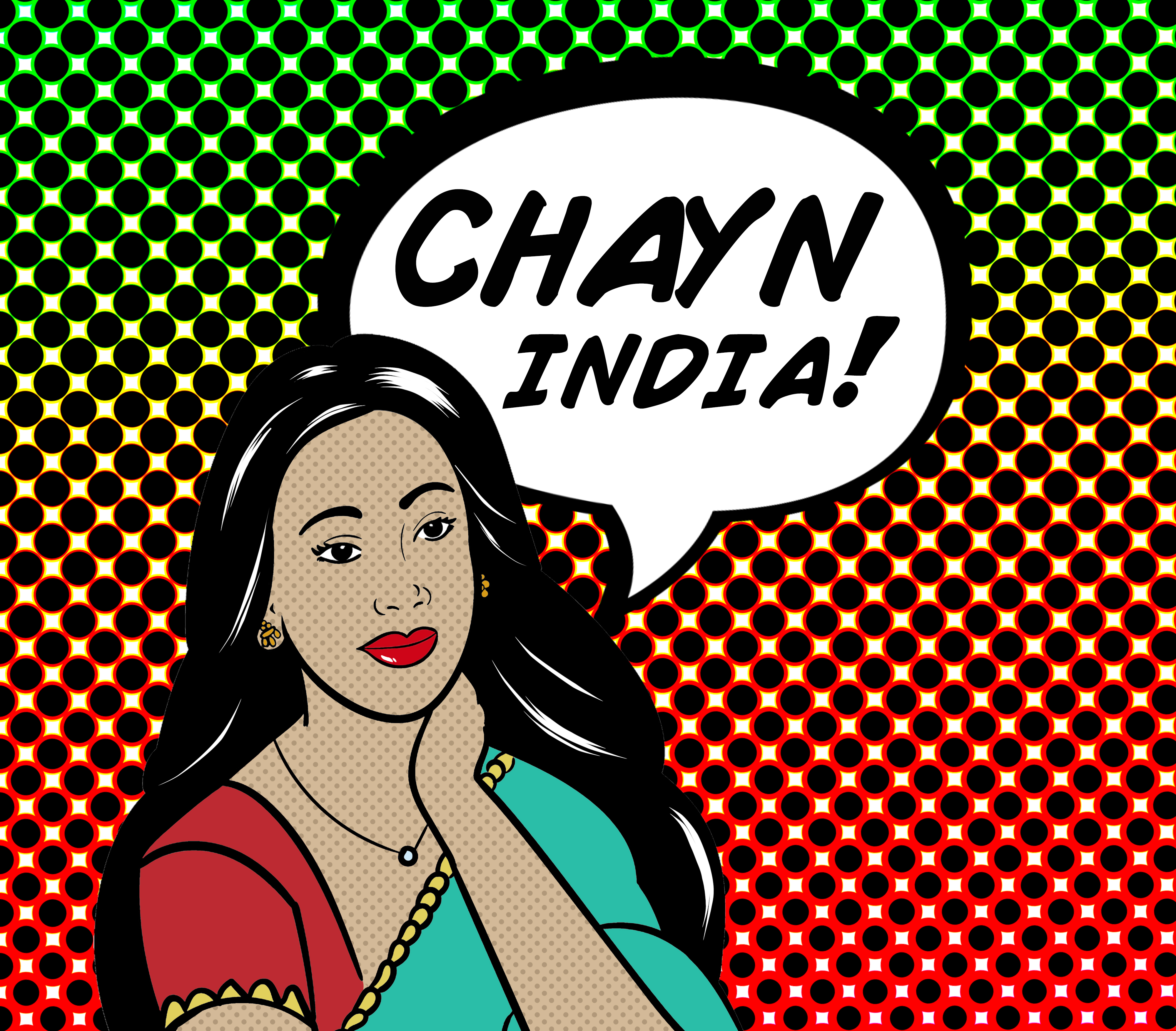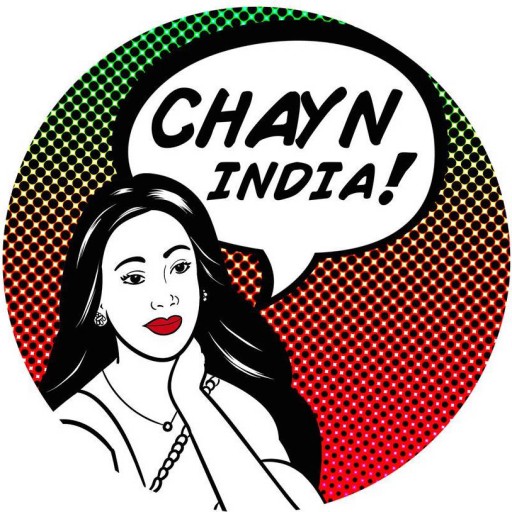The Special Marriage Act, 1954
(Act No.43 of 1954)[9th October 1954]
Excerpts Pertaining to:
Solemnization/Registration of Special Marriages
The Special Marriage Act, 1954 extends to the whole of India except the State of Jammu and Kashmir, but also applies to the citizens of India domiciled in Jammu and Kashmir.
An Act to provide a special form of marriage in certain cases, for the registration of such and certain other marriages and for divorce.
Solemnization of Special Marriages
- Conditions relating to solemnization of special marriage.
Notwithstanding anything contained in any other law for the time being in force relating to the solemnization of marriages, a marriage between any two persons may be solemnized under this Act, if at the time of the marriage the following conditions are fulfilled namely:
(a) Neither party has a spouse living:
(b) neither party-
(i) is incapable of giving a valid consent to it in consequence of unsoundness of mind, or
(ii) though capable of giving a valid consent, has been suffering from mental disorder of such a kind or to such an extent as to be unfit for marriage and the procreation of children; or
(iii) has been subject to recurrent attacks of insanity or epilepsy;
(c) the male has completed the age of twenty-one years and the female the age of eighteen years;
(d) the parties are not within the degrees of prohibited relationship:
- Notices of intended marriage.- When a marriage is intended to be solemnized under this Act, the parties of the marriage shall give notice thereof in writing in the Form specified in the Second Schedule to the Marriage Officer of the district in which at least one of the parties to the marriage has resided for a period of not less than thirty days immediately preceding the date on which such notice is given.
- Marriage Notice Book and publication. (1) The Marriage Officer shall keep all notices given under Sec. 5 with the records of his office and shall also forthwith enter a true copy of every such notice in a book prescribed for that purpose, to be called the Marriage Notice Book, and such book shall be open for inspection at all reasonable times, without fee, by any person desirous of inspecting the same.
(2) The Marriage Officer shall cause every such notice to be published by affixing a copy thereof to some conspicuous place in his office.
(3) Where either of the parties to an intended marriage is not permanently residing within the local limits of the district of the Marriage Officer to whom the notice has been given under Sec. 5, the Marriage Officer shall also cause a copy of such notice to be transmitted to the Marriage Officer of the district within whose limits such party is permanently residing, and that Marriage Officer shall thereupon cause a copy thereof to be affixed to some conspicuous place in his office.
- Objection to marriage. (1) Any person may, before the expiration of thirty days from the date on which any such notice has been published under sub-section (2) of Sec. 6, object to the marriage on the ground that it would contravene one or more of the conditions specified in Sec.4.
(2)After the expiration of thirty days from the date on which notice of an intended marriage has been published under sub-section (2) of Sec. 6, the marriage may be solemnized, unless it has been previously objected to under sub-section (1).
(3) The nature of the objection shall be recorded in writing by the Marriage Officer in the Marriage Notice Book, be read over and explained if necessary, to the person making the objection and shall be signed by him or on his behalf.
- Procedure on receipt of objection. If an objection is made under Sec. 7 to an intended marriage the Marriage Officer shall not solemnize the marriage until he has inquired into the matter of the objection and is satisfied that it ought not to prevent the solemnization of the marriage or the objection is withdraw by the person making it; but the Marriage Officer shall not take more than thirty days from the date of the objection for the purpose of inquiring into the matter of the objection and arriving at a decision.
(2) If the Marriage Officer upholds the objection and refuses to solemnize the marriage, either party to the intended marriage may, within a period of thirty days from the date of such refusal, prefer an appeal to the District Court within the local limits of whose jurisdiction the Marriage Officer has his office, and the decision of the District Court on such appeal shall be final, and the Marriage Officer shall act in conformity with the decision of the Court.
- Powers of Marriage Officers in respect of inquiries. (1)For the purpose of any inquiry under Sec.8, the Marriage Officer shall have all the powers vested in a Civil Court under the Code of Civil Procedure, 1908(5 of 1908), when trying a suit in respect of the following matters, namely:
(a) summoning and enforcing the attendance of witnesses and examining them on oath;
(b) discovery and inspection;
(c) compelling the production of documents;
(d) reception of evidence on affidavits; and
(e) issuing commissions for the examination of witnesses;and any proceeding before the Marriage Officer shall be deemed to be a judicial proceeding within the meaning of Sec.193 of the Indian Penal Code(45 of 1960).
2) If it appears to the Marriage Officer that the objection made to an intended marriage is not reasonable and has not been made in good faith he may impose on the person objecting costs, by way of compensation not exceeding one thousand rupees, and award the whole, or any part thereof to the parties to the intended marriage, and any order of costs so made may be executed in the same manner as a decree passed by the District Court within the local limits of whose jurisdiction the Marriage Officer has his office.
- Procedure on receipt of objection by Marriage Officer abroad.-
Where an objection is made under Sec.7 to a Marriage Officer in the State of Jammu and Kashmir in respect of an intended marriage in the State and the Marriage Officer, after making such inquiry into the matter as he thinks fit, entertains a doubt in respect thereof, he shall not solemnize the marriage but shall transmit the record with such statement respecting the matter as he thinks fit to the Central Government, and the Central Government, after making such inquiry into the matter and after obtaining such advice as it thinks fit, shall give its decision thereon in writing to the Marriage Officer shall act in conformity with the decision of the Central Government.
- Declaration by parties and witnesses.- Before the marriage is solemnized the parties and three witnesses shall, in the presence of the Marriage Officer, sign a declaration in the Form specified in the Third Schedule to this Act, and the declaration shall be countersigned by the Marriage Officer.
- Place and form of solemnization.- (1) The marriage may be solemnized at the office of the Marriage Officer or at such other place within a reasonable distance therefrom as the parties may desire, and upon such conditions and the payments of such additional fees as may be prescribed.
2) The marriage may be solemnized in any form which the parties may choose to adopt:
Provided that it shall not be complete and binding on the parties unless each party says to the other in the presence of the Marriage Officer and the three witnesses and in any language understood by the parties,- “I (A) take thee (B), to be my lawful wife (or husband)”.
- Certificate of marriage.-(1) When the marriage has been solemnized the Marriage Officer shall enter a certificate thereof in the Form specified in the Fourth Schedule in a book to be kept by him for that purpose and to be called the Marriage Certificate Book and such certificate shall be signed by the parties to the marriage and the three witnesses.
(2) On a certificate being entered in the Marriage Certificate Book by the Marriage Officer, the certificate shall be deemed to be conclusive evidence of the fact that a marriage under this Act has been solemnized and that all formalities respecting the signatures of witnesses have been complied with.
- New notice when marriage not solemnized within three months.-Whenever a marriage is not solemnized within three calendar months from the date on which notice thereof has been given to the Marriage Officer as required by Sec. 5 or where an appeal has been filed under sub-section (2) of Sec.8, within three months from the date of the decision of the District Court on such appeal or where the record of a case has been transmitted to the Central Government under Sec.10, within three months from the date of decision of the Central Government, the notice and all other proceedings arising therefrom shall be deemed to have lapsed, and no marriage Officer shall solemnize the marriage until a new notice has been given in the manner laid down in this Act.
The woman received a big advantage when there was a new drug – Cialis for Women, which will now women feel safe in terms of men’s claims.

